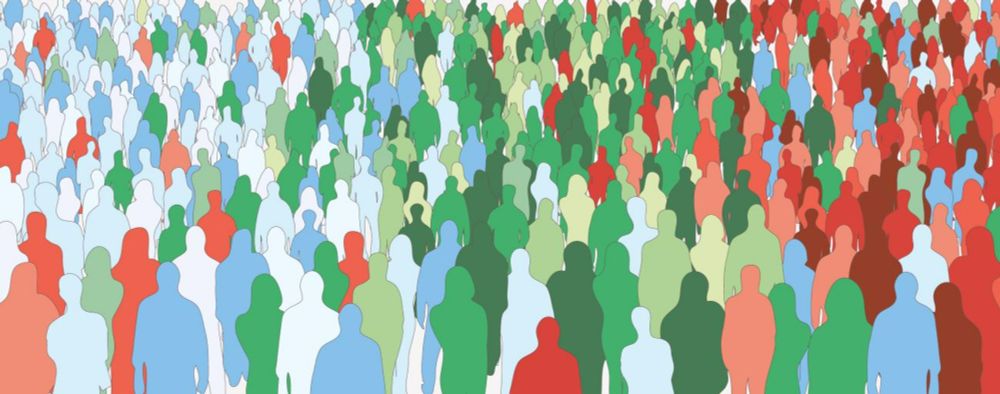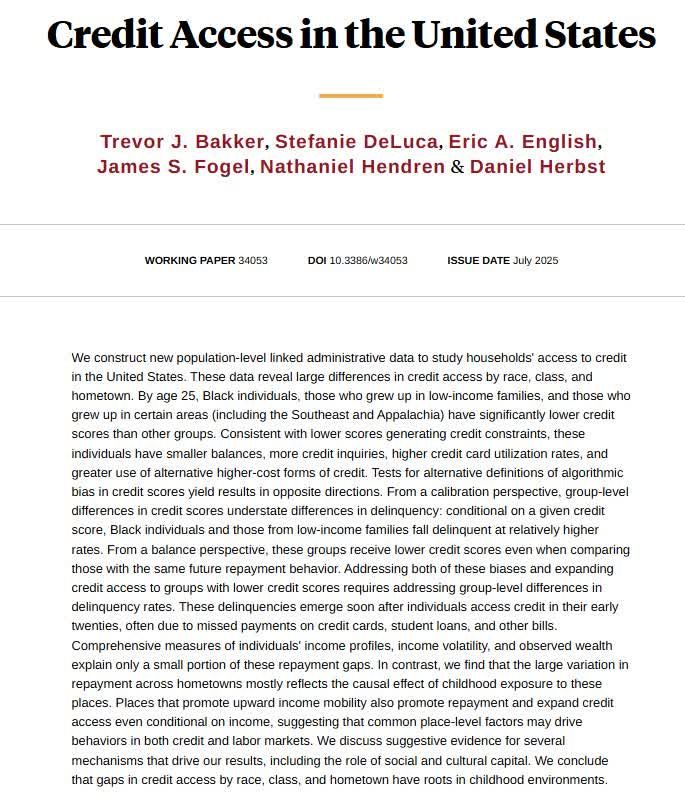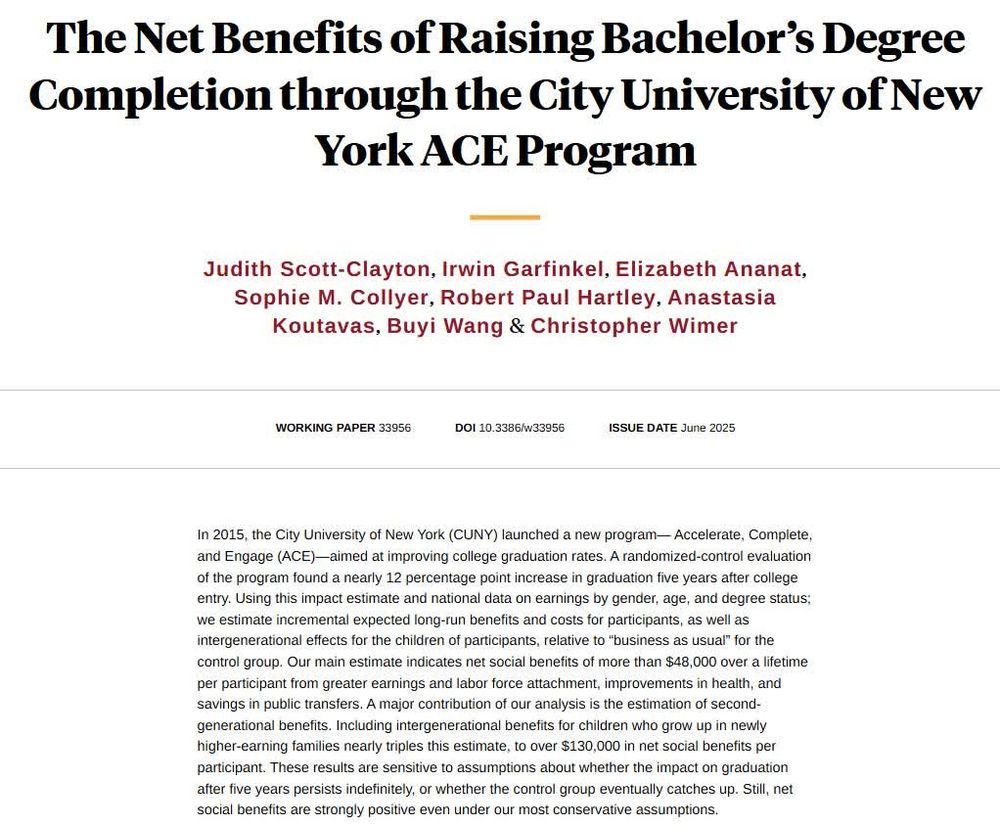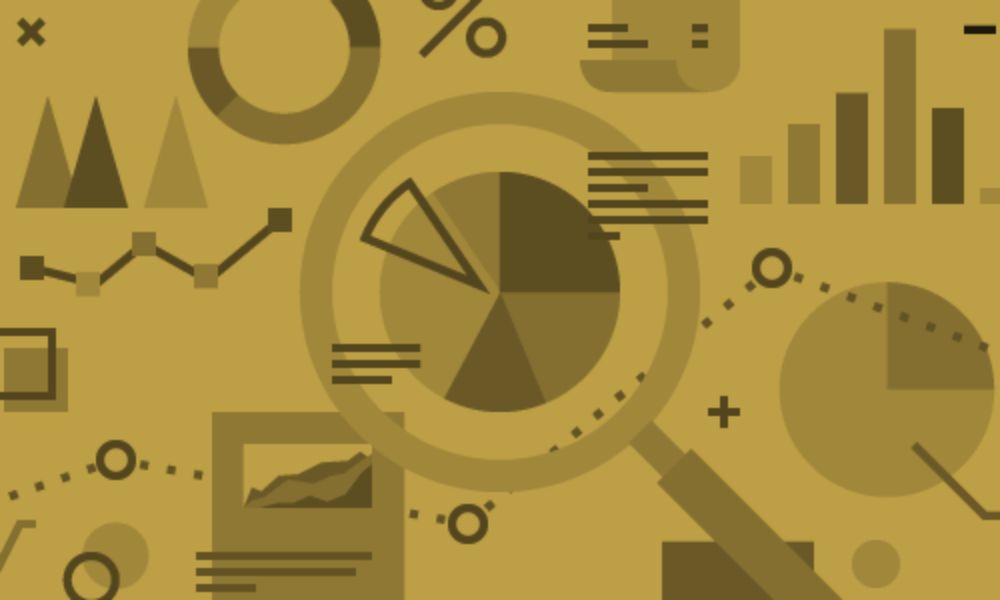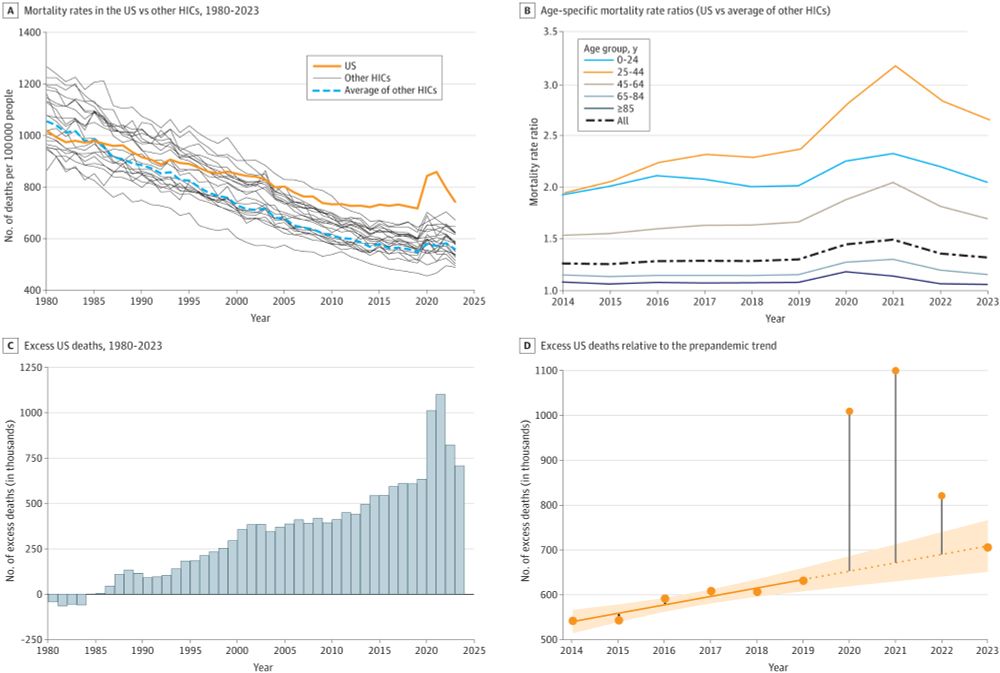Opportunity for Health
@oppforhealthlab.bsky.social
80 followers
31 following
24 posts
We study how economic opportunity affects health, and test interventions and policies that can boost opportunity and improve health for all Americans.
opportunityforhealth.org
Posts
Media
Videos
Starter Packs
Pinned
Reposted by Opportunity for Health
Reposted by Opportunity for Health
Reposted by Opportunity for Health
Reposted by Opportunity for Health
Reposted by Opportunity for Health
Courtney Boen
@courtneyboen.bsky.social
· Aug 22

Heterogeneous and racialized impacts of state incarceration policies on birth outcomes in the United States
Abstract. While state incarceration policies have received much attention in research on the causes of mass incarceration in the United States, their roles
track.smtpsendmail.com
Reposted by Opportunity for Health
Reposted by Opportunity for Health
Reposted by Opportunity for Health





